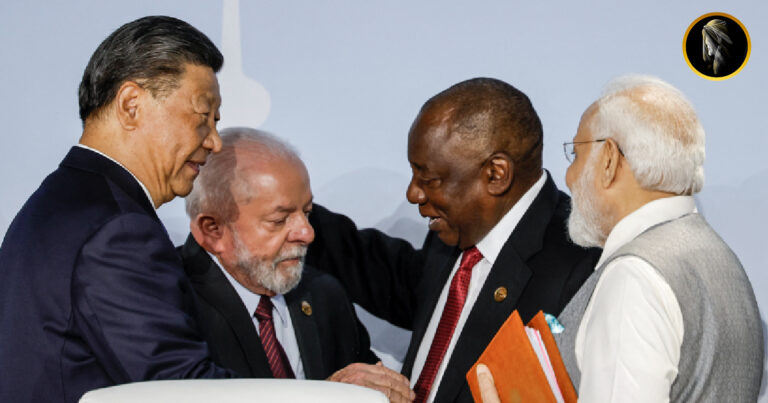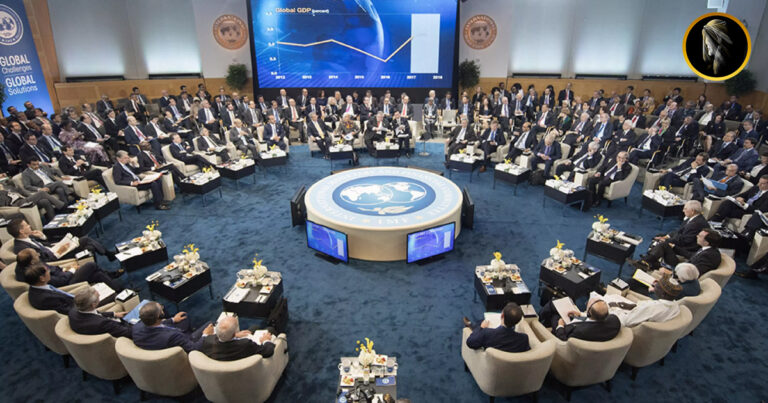ENOWA, the water and electricity subsidiary of NEOM, is actively working to reduce the carbon footprint of the energy-intensive desalination process, according to its CEO, Peter Terium. He emphasized the importance of using renewable energy in desalination to reduce harmful emissions in the region and globally.
Terium explained that integrating renewable energy into the desalination process involves managing two key components: the energy required for the process and the overall water system efficiency. Traditional energy sources for desalination contribute to carbon emissions, so transitioning to renewable energy sources is crucial.
He also pointed out that reducing water system losses, which are significant globally, can decrease the need for desalination. Terium highlighted NEOM’s commitment to transitioning to more environmentally friendly wastewater treatment methods.
By 2030, Saudi Arabia aims to have 50 percent of its energy generated from renewable resources. NEOM’s ENOWA subsidiary plans to achieve 100 percent renewable energy by 2030, contributing to the national goal.
Terium praised Saudi Arabia’s proactive approach to environmental initiatives and noted the country’s dedication to realizing its Vision 2030 goals. He highlighted the Hydrogen Innovation and Development Center as an example of Saudi Arabia’s commitment to green technologies.
Additionally, ENOWA signed an agreement with Air Products Qudra to build NEOM’s first hydrogen fueling station, supporting environmental goals and sustainability infrastructure in NEOM.
Roland Kaeppner, executive director of Hydrogen and Green Fuels at ENOWA, emphasized the importance of hydrogen in decarbonization efforts, noting its potential applications in transportation, industry, and more. However, he also highlighted the need to transition to green hydrogen production to address emissions associated with hydrogen production from natural gas.
The Middle East and North Africa Climate Week forum in Riyadh, held in collaboration with the UN Framework Convention on Climate Change, provided a platform for experts and policymakers to discuss climate-related issues and the region’s green transition efforts. The event allowed Saudi Arabia to showcase its commitment to initiatives like the Saudi Green Initiative and the adoption of renewables ahead of the UN climate conference (COP28) in Dubai.








